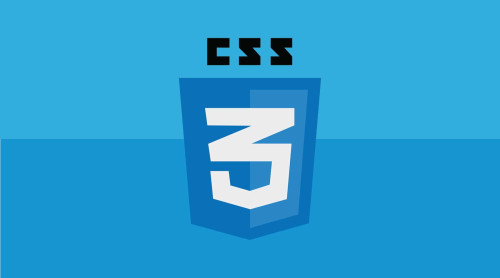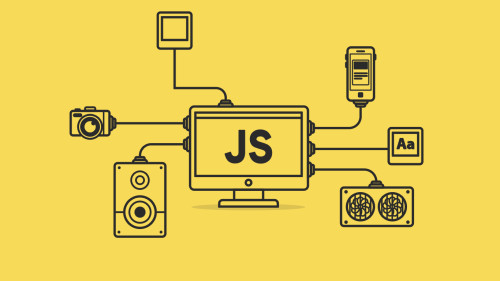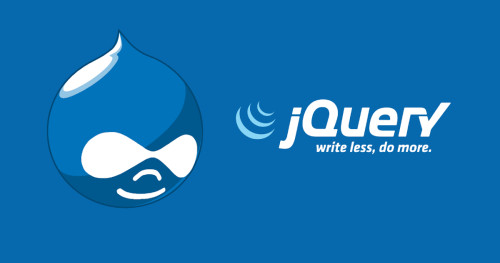Trong bài viết này, chúng ta sẽ lướt nhanh qua code template của trang chỉnh sửa bài viết. Đây cũng là layout chi tiết cuối cùng trong nhóm article trước khi chúng ta quay lại Sub-Series ExpressJS và viết code xử lý cho các route tương ứng.
Bố cục trang chỉnh sửa bài viết
Về bố cục tổng quan, giao diện chỉnh sửa bài viết edit không có gì khác nhiều so với giao diện soạn thảo bài viết mới add. Trường hợp sử dụng ở đây là chúng ta sẽ có dữ liệu truy vấn một bản ghi đã có trong database để bày vào các thành phần trong <form> chờ chỉnh sửa. Do bản ghi này đã được xác định trước do đó nên chúng ta sẽ có thêm một <input> ẩn chứa giá trị @id để xác định bản ghi trong database.
<!doctype html>
<html>
<head>
<%- include("../../../component/meta.ejs", { data }) %>
</head>
<body>
<%- include("../../../component/topnav.ejs" , { data }) %>
<%- include("../../../component/article/edit.ejs" , { data }) %>
<%- include("../../../component/script.ejs") %>
</body>
</html>
<form id="article" action="<%= data.get("endpoint") %>" method="post">
<div class="container">
<input class="hidden" type="text" name="@id"
value="<%= data.get("article").get("@id") %>" />
<input type="text" name="title"
value="<%= data.get("article").get("title") %>" />
<input type="text" name="keywords" placeholder="Từ khóa liên quan..."
value="<%= data.get("article").get("keywords") %>" />
<select name="category-id">
<option> Danh Mục </option>
<% for (var category of data.get("category-list")) { %>
<option value="<%= category.get("@id") %>">
<%= category.get("name") %>
</option>
<% } %>
</select>
<button type="submit"> Đăng bài </button>
<textarea name="content" placeholder="Nội dung bài viết..."><%= data.get("article").get("content") %></textarea>
</div><!-- .container -->
</form>
Bổ sung code CSS
Ở đây chúng ta chỉ có thêm 1 class tiện ích .hidden để ẩn ô nhập liệu đang chứa @id và sẽ định nghĩa trong tệp base.css.
/* --- Reset CSS... */
/* --- Basic Typography... */
/* --- Common Container... */
/* --- Common Utility */
.hidden {
display: none;
}
Giả lập dữ liệu truy vấn từ database
/* Main... */
/* * * * * * * * * * * * * * * * * * * * * * * * * * *
Article - Edit
*/
var contentMarkdown = `
> "There is no one who wants pain itself, who seeks after it and
> wants to have it, simply because they have been holding it along..."
## What is Lorem Ipsum?
Lorem Ipsum is simply dummy text of the printing and typesetting
industry. Lorem Ipsum has been the industry's standard dummy text
ever since the 1500s, when an unknown printer took a galley of type
and scrambled it to make a type specimen book. It has survived not
only five centuries, but also the leap into electronic typesetting,
remaining essentially unchanged. It was popularised in the 1960s
with the release of Letraset sheets containing Lorem Ipsum passages,
and more recently with desktop publishing software like Aldus PageMaker
including versions of Lorem Ipsum -
[https://www.lipsum.com/](https://www.lipsum.com/)
`; // contentMarkdown
var theArticle = new Article()
.set("@id", "1001")
.set("title", "Bài Viết Thứ 1001")
.set("keywords", "lập trình web, hướng dẫn cơ bản")
.set("content", contentHTML);
data.set("article", theArticle);
data.set("endpoint", "/article/edit");
module.exports = data;
Chạy test để kiểm tra kết quả hiển thị và thông tin truyền về server khi gửi <form>.
/* ... */
app.get("*", async (request, response) => {
response.render("index.ejs", {
layout: "article",
action: "edit",
data : require("./data")
});
}); // app.get
app.post("*", (request, response) => {
response.json(request.body);
})
app.listen(8080, (_) => console.log("Server started"));
npm test
Server started

Và khi nhấn nút Đăng bài để gửi thông tin trong <form> về server.

Kết thúc bài viết
Như vậy là chúng ta đã có code template đơn giản cho nhóm các trang đơn hiển thị giao diện làm việc với nội dung của bài viết. Bây giờ hãy cùng quay trở lại Sub-Series ExpressJS và viết code điều hành cho nhóm route tương ứng.
[ExpressJS] Bài 8 - Viết Code Điều Hành Blog Cá Nhân (Tiếp Theo)
Sau khi thực hiện việc viết code điều hành cho nhóm route này, chúng ta sẽ tiếp tục xây dựng giao diện cho trang đăng nhập quản trị blog và bổ sung tính năng bảo mật bằng mật khẩu đơn giản.






